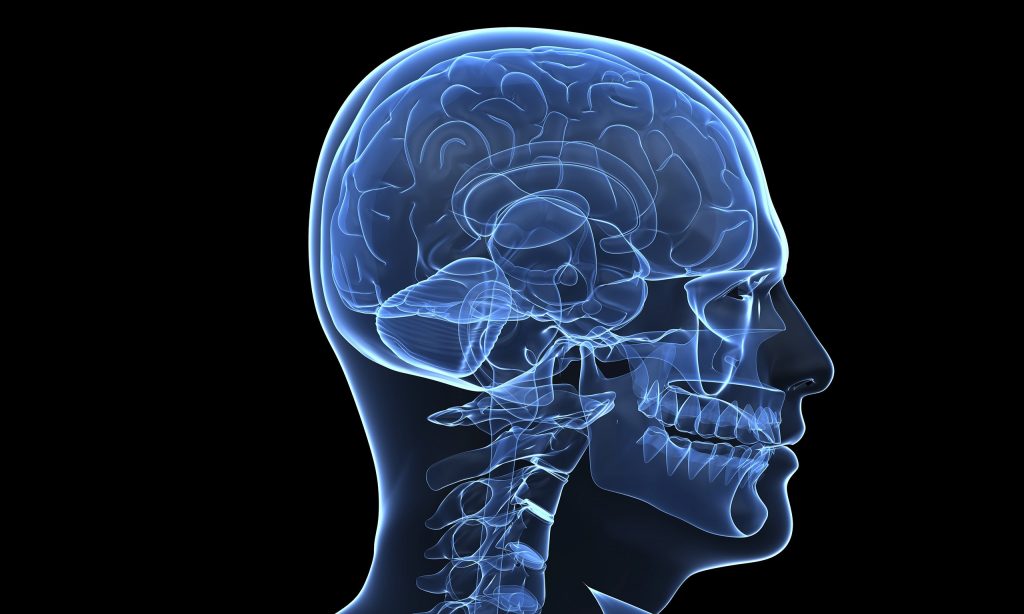
A common drug used to treat attention-deficit/hyperactivity disorder (ADHD) appears to actively change the development of the brain in boys who take it. The drug methylphenidate (MPH), sold under trade names including Ritalin and Concerta, has been found to change the white matter in the brain by a statistically significant amount. The results of the study have been published in the journal Radiology.
The researchers conducted a randomized placebo-controlled study with 50 boys and 49 young adult men diagnosed with ADHD who had never taken MPH prior to the study. The participants were split into two groups that received either MPH or a placebo for 16 weeks. MRI scans of their brains were taken before treatment began and one week after treatment cessation.
The data showed that in boys with ADHD, the four months of treatment with MPH was associated with increased nerve fiber density, coating, and size in the brain’s white matter. The researchers found no changes in the brains of boys who received placebo. The changes also were not present in the adults in the study. The findings suggest that the effects of MPH on the brain’s white matter are modulated by age.
The research is important, since MPH is being prescribed to increasing numbers of children, and at younger ages. According to the Center for Disease Control and Prevention, approximately 9 percent of U.S. children between the ages of 2 and 17 have ever been diagnosed with ADHD and 5.2 percent take ADHD medication. MPH is one of the most popular and effective medications used to treat the condition, proving effective in up to 80 percent of patients.
Until now, not much was known about the effect of MPH on the development of the brain. The researchers will now study the long-term implications of these findings on ADHD behavior. Symptoms of the disorder include trouble paying attention, difficulty organizing tasks, and behaving impulsively.
